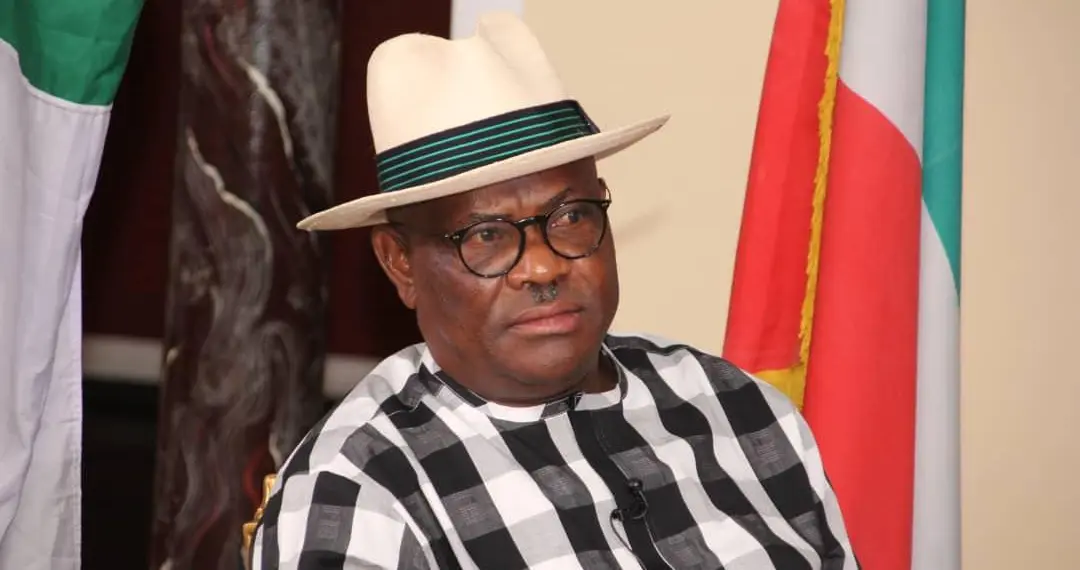

The Federal Capital Territory (FCT) Minister plays a pivotal role in overseeing the administration and development of the capital city, Abuja, and its surrounding environs. Appointed by the President of Nigeria, the FCT Minister holds significant responsibilities aimed at ensuring the efficient governance and sustainable growth of the nation’s capital.
1. Urban Planning and Development: The FCT Minister is responsible for urban planning, land allocation, and infrastructure development within the Federal Capital Territory. This includes managing the growth of Abuja, ensuring orderly and well-designed urban expansion, and supervising the execution of development projects to enhance the quality of life for residents.
2. Infrastructure Management: Infrastructure development and management are crucial aspects of the FCT Minister’s role. This includes overseeing the construction and maintenance of roads, transportation systems, water supply, sewage, and waste management services within the capital city.
3. Land Allocation and Management: One of the core responsibilities of the FCT Minister is the equitable allocation and management of land within the FCT. This involves allocating land for residential, commercial, and public purposes while adhering to zoning regulations and promoting sustainable land use practices.
4. Environmental Sustainability: The FCT Minister is tasked with ensuring environmental sustainability within the capital territory. This includes implementing policies and initiatives to protect natural resources, green spaces, and the overall ecological balance of Abuja.
5. Law and Order: Maintaining law and order within the FCT falls under the jurisdiction of the FCT Minister. This involves working closely with law enforcement agencies to ensure the safety and security of residents and visitors.
6. Social Services and Welfare: The FCT Minister oversees the provision of essential social services, including healthcare, education, and public amenities, to the residents of Abuja. This involves managing public schools, healthcare facilities, and recreational spaces.
7. Economic Development: Promoting economic growth and development within the FCT is another key function of the FCT Minister. This includes attracting investment, supporting local businesses, and creating an environment conducive to economic activities.
8. Cultural and Heritage Preservation: Preserving and promoting the cultural heritage of the FCT is an important responsibility of the FCT Minister. This may involve supporting cultural events, maintaining heritage sites, and promoting the cultural diversity of Abuja.
9. Coordination with Federal Agencies: The FCT Minister collaborates with various federal agencies, such as the Federal Capital Development Authority (FCDA) and the FCT Police Command, to ensure effective governance and administration of the capital territory.
In summary, the FCT Minister holds a multifaceted role encompassing urban planning, infrastructure development, land management, environmental stewardship, law enforcement, social services, economic growth, cultural preservation, and coordination with federal entities. These functions collectively contribute to the orderly growth and well-being of Nigeria’s capital, Abuja.
Tension erupted at a local mortuary along Aba-Ikot Ekpene Road in Obingwa LGA, Abia State,…
The Central Bank of Nigeria (CBN) has refuted claims of introducing new N5,000 and N10,000…
An Ekiti State High Court in Ado Ekiti has sentenced a 41-year-old man, Olasunkanmi Kareem,…
Legendary Hollywood actor Val Kilmer has passed away. His daughter, Mercedes Kilmer, confirmed his death…
The Nigerian National Petroleum Company Limited (NNPCL) has officially raised the pump price of petrol…
Good morning Nigeria. Welcome to the IDOMA VOICE News roundup of top newspaper headlines in…